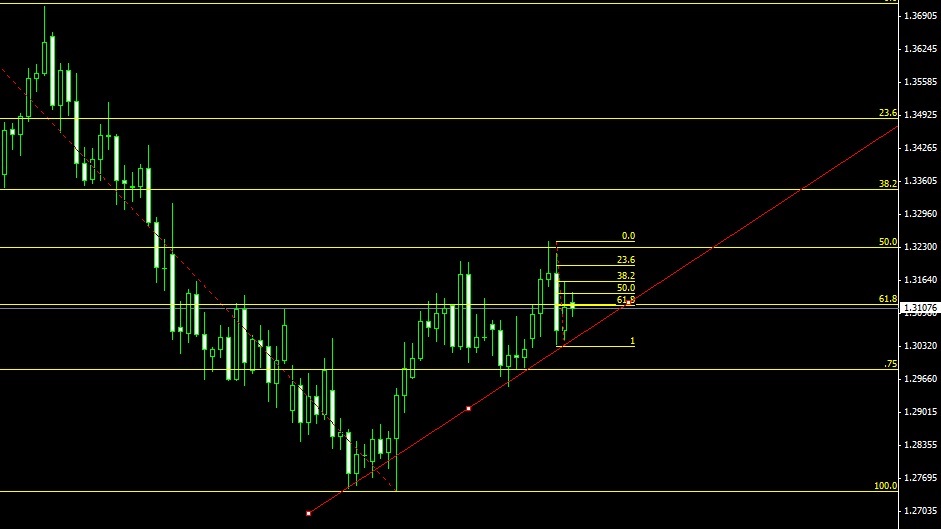“All the math you need in the stock market you get in the fourth grade.” –Peter Lynch
Trading or investing is often more a game of “if/then” than it is one of complex mathematical computations.
TWO KINDS OF MARKET KNOWLEDGE
At a seminar I attended a few years back, the speaker said: “In the markets there are two kinds of knowledge. The kind that will make you smart and the kind that will make you money.”
For example knowing that a stochastic oscillator is calculated as:
%K=100*(closing price-L)/(H-L) and
%D=3 period exponential moving average of %K
Or to paraphrase: one moving average is confined between a high and low range based on prior price movement, and another faster exponential moving average is calculated off the first moving average. Or something like that. May make you smart.
BUT…
You can understand all the computations you want behind this or an encyclopedia shelf full of technical trading books, but unless you learn how to use a few simple tools to assist you in buying something cheaper than you sell it, you will never make money.
IF/THEN SCENARIOS
When I trade, I like to keep things simple. I like “if/then” scenarios. For example: if price gets down to X then I will buy. If price breaks Y, I will sell.
That’s a little simplistic as I throw some indicators in there too, but even then, I use those in an if then scenario. If price gets down to X, and stochastic is oversold, and if it moves out of overbought territory, and if price action breaks long of this consolidation area OR trendline then I will buy commodity y until price does Z. It’s really pretty simple when you put it like that.
LOOKING BACK
Last week we talked about a long move in the euro. This week we price is sitting right at a smaller 50% retracement. If price stays below this level, I will sell down to the trendline below (which isn’t very far away, so be careful). If that trendline holds, I will consider buying. If it breaks, I will consider selling.

TRADING FOREX
Trading currencies isn’t like trading stocks. Both are driven partially on emotions but at least when you have a stock, you can use similar businesses in the same industry as sort of relative baselines. I can’t place a real valuation on where prices should be on the dollar. So, when I trade money, when price action does X, I will do Y.
= = =




